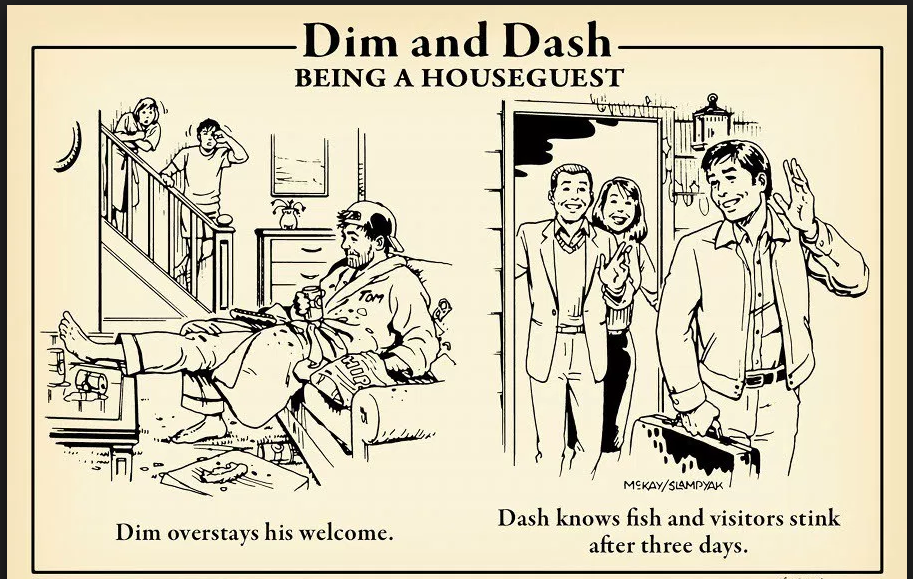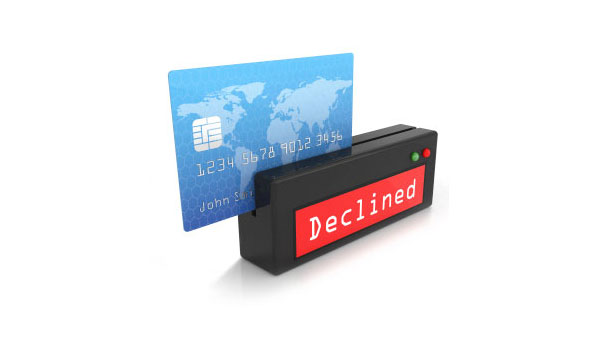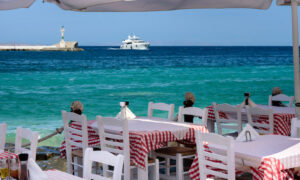Most of the time, we write posts for expats.
 This time, we’re writing a post for the people who love expats, specifically American expats.
This time, we’re writing a post for the people who love expats, specifically American expats.
Here’s the scenario: John and Mary are headed to Europe this summer for vacation. “Geez,” says John, “the Boyds are living in the Netherlands. Should we drop in?”
The answer is, “Absolutely!” Our house has always been full of friends and family whether we lived in the States, Turkey or Germany. Now that we live in the Netherlands, we entertain 24 hour per day and we love it.
BUT … everyone is not like us. And maybe a month is too long to crash at Cousin Fred’s studio apartment in Berlin. So let’s address both the etiquette and mechanics of visiting your expats.
Full disclosure: We’ve made 30 years worth of travel blunders so you don’t have to. Here are tips to optimize your fun while minimizing the intrusion on your expat hosts.
Call before you come
Simple good manners, right? Be considerate because the expat lifestyle is pretty frenetic. Just because your friends or family are living overseas doesn’t mean they’re on a permanent vacation. Don’t just show up.
If your expat lives in a destination everyone wants to visit, don’t assume they’re not booked and can work around your travel calendar.
This year, we’ve hosted a lot of investors and friends, and it’s taken a lot of time to coordinate everyone’s sometimes overlapping visits.
We’re lucky in that our friends and investors know we’re in the toughest part of the startup stage and understand we have to work every day. They know we can’t take full days off.
So they know they’re free to use our house as a base as they get out and explore the region.
Make sure your expats have time and space for you. If they do, here’s how to begin the process.
Invaluable Dispatches tip: Don’t expect to be entertained 24/7. Take a break from each other by working a little independent travel into your visit. Everyone will be glad you did.
Hotels
If you’re not staying with your expat, ask for their hotel recommendations. After all, they’re living there.
We’ve had too many people book hotels without consulting us, hotels that were not great and in bad neighborhoods far away from the fun.
We could have saved them the anguish.
Make all your arrangements far enough ahead of time to get good rates. Also, be considerate and let people know you’re coming even if you won’t be staying with them.
We’re used to people showing up at midnight with a bottle of bourbon yelling, “PAR-tay!” Not everyone is.
Invaluable Dispatches Tip: We’ve had the best luck booking hotels through expedia.com or momondo.com.
Money
Before you get on the plane/boat, make sure you alert your credit card issuers that you’re going to Europe for an extended visit.
 Fraud prevention departments at banks and credit card companies are increasingly aggressive and if you don’t alert them to your overseas travel, they’ll put a block on your account when you most need it.
Fraud prevention departments at banks and credit card companies are increasingly aggressive and if you don’t alert them to your overseas travel, they’ll put a block on your account when you most need it.
(They lull you into a false sense of security by letting a couple of transactions go through, then BOOM … the snooty French waiter tells you “card declined” in front of all your friends.)
Ditto for debit cards. And by the way, debit cards offer your best exchange rates for getting euros when you arrive. Just make sure they don’t include a foreign transaction fee. And go ahead and increase your daily limit on withdrawals, or at least know what it is before you fly/sail.
Only American Express, by the way, doesn’t require you to notify them of upcoming international travel.
And have a Plan B because even notifying MasterCard and/or Visa might not help.
Last year, we notified our card companies days in advance that I’d be making an extended business trip to the Netherlands and several other countries in Western Europe. Guess what? I ended up spending a couple of days with no way to do anything other than eat and sleep at hotels that took American Express. (Even though you can only use it at limited places, you really should take your American Express card just in case all else fails. And, no, we don’t get a penny for plugging AMEX.)
On both credit cards and debit cards, make sure you have PINs because they’re required in Europe. Debit cards always require a PIN, but in some places, like the NS train ticket machines in the Netherlands, you also need the PIN you set up for your credit card to withdraw cash from an ATM.
Invaluable Dispatches tip: Make sure your credit cards and debit cards are updated with chips. Otherwise, they WILL NOT WORK in Europe.
Getting around
If you’re going to use Europe’s generally stellar public transportation, get used to planning and checking schedules for delays and changes.
Also, have your expat take you through a mini-tutorial on how the trains and buses work because it can be tricky. You have to get in the habit of pulling out your rail/travel card and check in and check out.
Which means expat hosts should pick up guests on arrival at the airport whenever possible, especially guests new to Europe.
If you’re renting a car, pay a little extra and get the damned GPS. I mean, seriously? You’ve never been to Europe, but you’ll just intuitively find your way around? I don’t think so.
The GPS is also handy in that it should display your travel speed and the speed limit, which changes on different sections of every road regularly.
You don’t want to incur a speeding ticket.
Bonus tip: There are no traffic cops pulling you over for speeding; there are photo/radar combo machines which clock your speed, then send a ticket in the mail to you. In the case of renting a car and speeding, they send it to the rental agency who then charges your credit card on file.
Also, consult with your expat before you try to drive.
Driving in the Netherlands where we live is incredibly demanding because you’re not just dealing with traffic. You’re dealing with bikes, pedestrians, farm implements and people riding horses. And everyone else has the right-of-way.
My wife Cheryl says every trip is like a video game, with people and animals popping up when you least expect them. If your reflexes and vision aren’t the best, let someone else drive. And never, ever drive drunk here.
Come prepared to walk a lot and move quickly.
Thank goodness most of our friends are incredibly mobile. Because to really see a European city can mean hours of walking. Take Paris. You can easily walk from your hotel near the l’Arc de Triomphe to Notre Dame in a couple hours. Of course, you have to walk back. Or take the subway.
Invaluable Dispatches tip: Cars are much smaller in Europe. So if you’re 6’8″ like our Uncle Marty, don’t reserve a freakin’ Nissan Micra.
Food
Be flexible on food.
Expats tend to live like locals and eat the same foods. And you might not like raw herring or ice cream that tastes like mildew smells (which I had in Stockholm.)
If you’re really picky or you eat at Appleby’s every day and like bland food, you need to broaden your horizons a bit. If you have food allergies such as gluten intolerance, the good news is, more restaurants and supermarkets in Europe have gluten-free offerings.
Invaluable Dispatches tip: Please for the love of God don’t start screaming at the waiter demanding ice in your soft drink. Last year, I witnessed Ugly Americans doing just this on an ICE train from Amsterdam to Vienna. Have a beer. It’s okay … it must be eleven-thirty somewhere.
Trust your expat
If you’re planning to go to Amsterdam or Paris at the height of tourist season or go skiing in the Alps at Christmas, please run that ill-advised plan by them.
What they’ll probably tell you is, “It’s going to be insanely crowded and stupid expensive.” Ask them to reveal the secret destinations only expats know. You – and they – will be glad you did.
Invaluable Dispatches tip: We’ve had guests decide that because they’re a few hours from Paris or Salzburg, they have to drive across three countries to cross something off their bucket list. Just don’t. Get to know the country you’re in.
Random advice you never asked for
• You might want to look into travel insurance policies which include medical benefits, baggage loss, and flight cancellation. One time I fell off a wall in St. Martin, and my $5,000 hospital bill would have been covered by a $59 policy. Dumb, dumb, dumb. And no, I wasn’t drunk. Thanks for asking.
• Change a few hundred euros so you have cash when you arrive in case your credit cards or debit cards don’t work.
• Buy a travel adaptor set for your laptop and phone. Most products these days only need plug adaptors, not converters from 110v to 220v.
• Unless you’re a Kardashian, don’t waste money bringing suitcases full of shirts, pants, dresses and shoes. You only need a few changes of clothes. And believe it or not, they sell clothes in Europe.
• Leave your puritanical inhibitions at home. There will be women cleaning up at the airport and train station mens’ rooms. You might accidentally book a hotel in the Red Light District because no one told you about St. Denis. Just go with it, and you’ll have great stories to tell.
Co-CEO of Dispatches Europe. A former military reporter, I'm a serial expat who has lived in France, Turkey, Germany and the Netherlands.


















